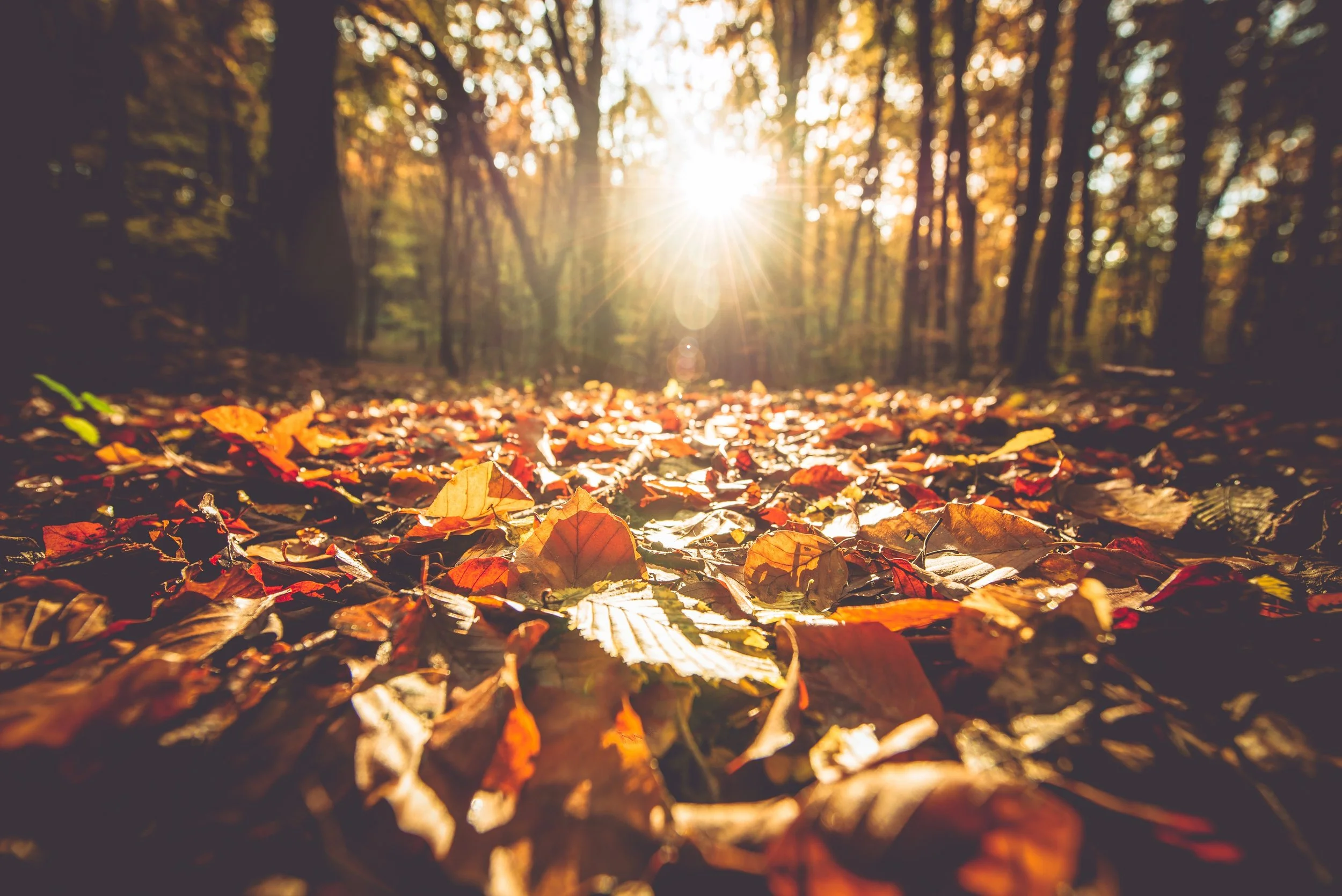Natural Remedies for Anxiety
Anxiety is a feeling of fear, dread or unease. Sometimes, anxiety has a cause, such as dreading a job interview that you're nervous about. Other times, there seems to be no apparent reason. While anxiety can sometimes be useful, persistent feelings can get in the way of daily life and be a cause for concern. However, anxiety is common and treatable.
The following is a list of physical symptoms associated with anxiety and generalized anxiety disorder.
Churning stomach
Trembling
Heart palpitations
Numbness or "pins and needles" in arms, hands or legs
Restlessness
Trouble concentrating
Irritability
Trouble falling or staying asleep
Being easily startled
If you are experiencing any or some of these symptoms, anxiety may be to blame. Here are a few natural remedies that may improve anxiety. However, if feelings persist, it's essential to seek support from a professional.
Exercise. Moving your body can bring relief immediately or over time, depending on the severity and cause. Either way, when studied, scientists found that those who were active (in this case, skiers) experienced a 60% lower risk of generalized anxiety disorder. This doesn't mean you need to take up skiing. Other forms of exercise like walking, biking or at-home workouts can help you achieve the same effect.
Limit/eliminate caffeine, alcohol etc. Caffeine can increase your risk of a panic attack, and alcohol can make feelings of anxiety more challenging to cope with sober. If you love your morning coffee or don't want to feel "left out" in social circles, consider drinking decaf coffee and virgin equivalents to alcoholic beverages to help ease feelings of anxiety later.
Practice mindfulness. When you're mindful, you live fully in the present moment instead of letting life pass you by. This can help ease anxiety as you allow your mind to exist in a space where your thoughts do not control your actions. Consider practicing deep breathing exercises, then check out the Mindfulness Toolkit for more ways to integrate mindfulness into your daily life.
Diffuse essential oils. Scent can help create feelings of calm, and oils like lavender and clary sage are thought to relieve anxiety. However, the science behind aroma therapy is a work in progress, so choose ones that smell good to help you relax rather than as an anxiety cure.
Get quality sleep. Sleep is vital for maintaining your mental health. It recharges your body and allows your brain to process the day's events. The CDC notes that for adults, getting less than seven hours of sleep per night can lead to anxiety, depression and other health concerns. For tips on improving your sleep, check out the Sleep Fitness Toolkit.





